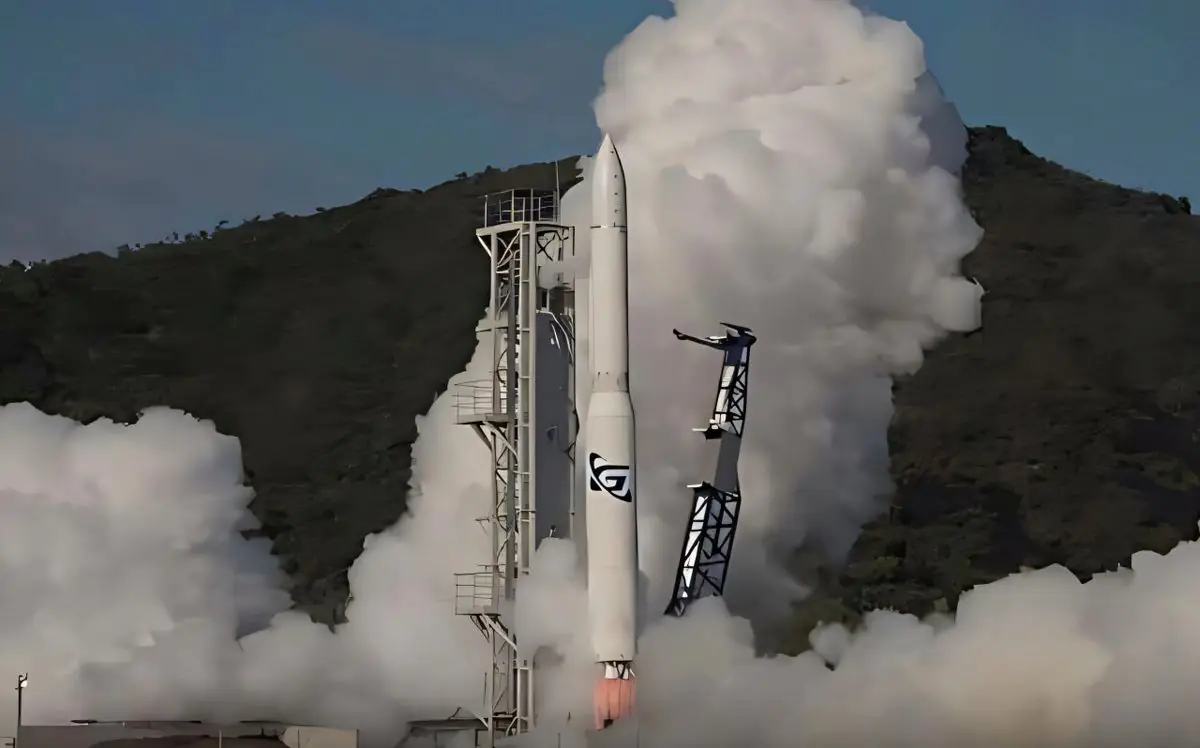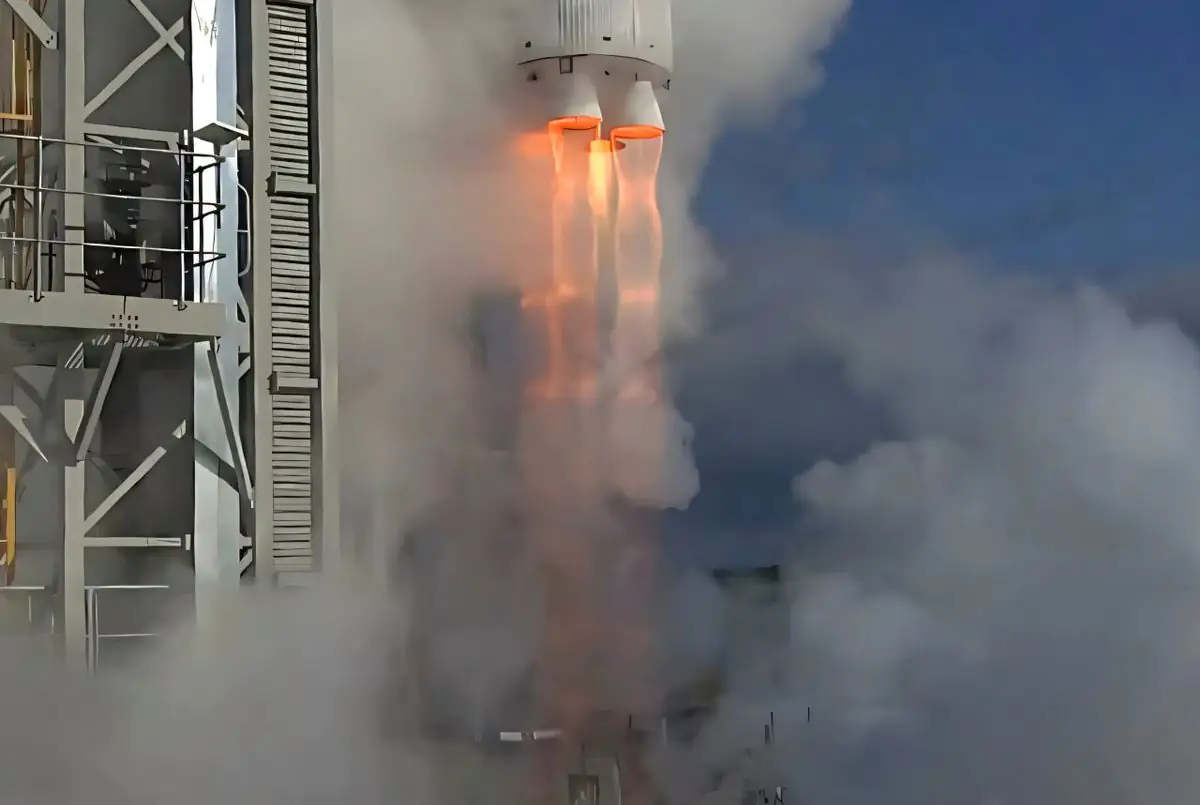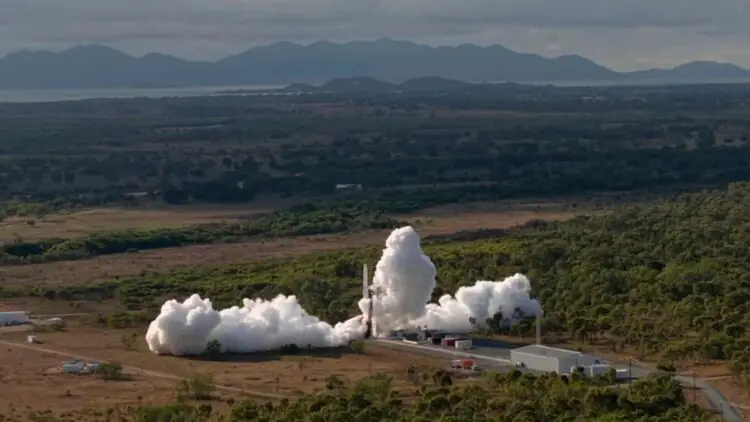Australia’s first domestically produced rocket intended for orbital flight crashed just 14 seconds after launch. The rocket, named Eris and developed by Gilmour Space Technologies, was launched from a site in Queensland. This marked the first time in Australian history that an orbital carrier fully designed and manufactured in the country was tested. The rocket was meant to deliver small satellites into low Earth orbit.
Footage shared by Australian media showed the 23-meter rocket lifting off, hovering briefly above the launch pad, and then suddenly disappearing from view. Smoke clouds rose over the launch area. Fortunately, there were no injuries.

Despite the unsuccessful outcome, the company described the launch as “successful.” In a Facebook post, Gilmour Space Technologies stated that all four hybrid engines were successfully ignited. The engines ran for a total of 23 seconds, with 14 seconds spent in flight.
The Eris launch had been scheduled earlier but was postponed several times due to technical issues and unfavorable weather conditions. The company’s CEO, Adam Gilmour, noted that the mere fact of getting the rocket off the ground was a significant achievement.
“Of course, I would have liked more time in flight, but I’m satisfied with this result,” he wrote on LinkedIn. Back in February, Gilmour emphasized that for a private space company, a successful first orbital mission is extremely rare. The company had previously stated that they would consider the launch successful if the rocket simply lifted off from the pad. According to official reports, the launch site remained undamaged.
Regional council mayor Rai Collins also commented on the event, calling it a “major achievement” despite the rocket not reaching orbit. “This is just the first step toward a future leap in the commercial space industry, which could develop right here in our region,” he said on his Facebook page.

Gilmour Space Technologies is funded by private investors and recently received a grant of 5 million Australian dollars (approximately $3.2 million) from the federal government to support further development of the Eris rocket. This followed an earlier deal signed in 2023 worth 52 million Australian dollars, aimed at advancing and commercializing innovative space technologies in Australia.
While hundreds of suborbital launches have taken place within the country, according to NASASpaceFlight, only twice before have rockets been successfully launched into orbit from Australia. The Eris flight marked the first orbital attempt in over 50 years.
Read also:
- U.S. Unveils New AGM-181A LRSO Nuclear Cruise Missile for B-21 and B-52 Bombers
- Rocket Lab Will Launch a NASA Smallsat on an Electron Rocket
Source: phys








